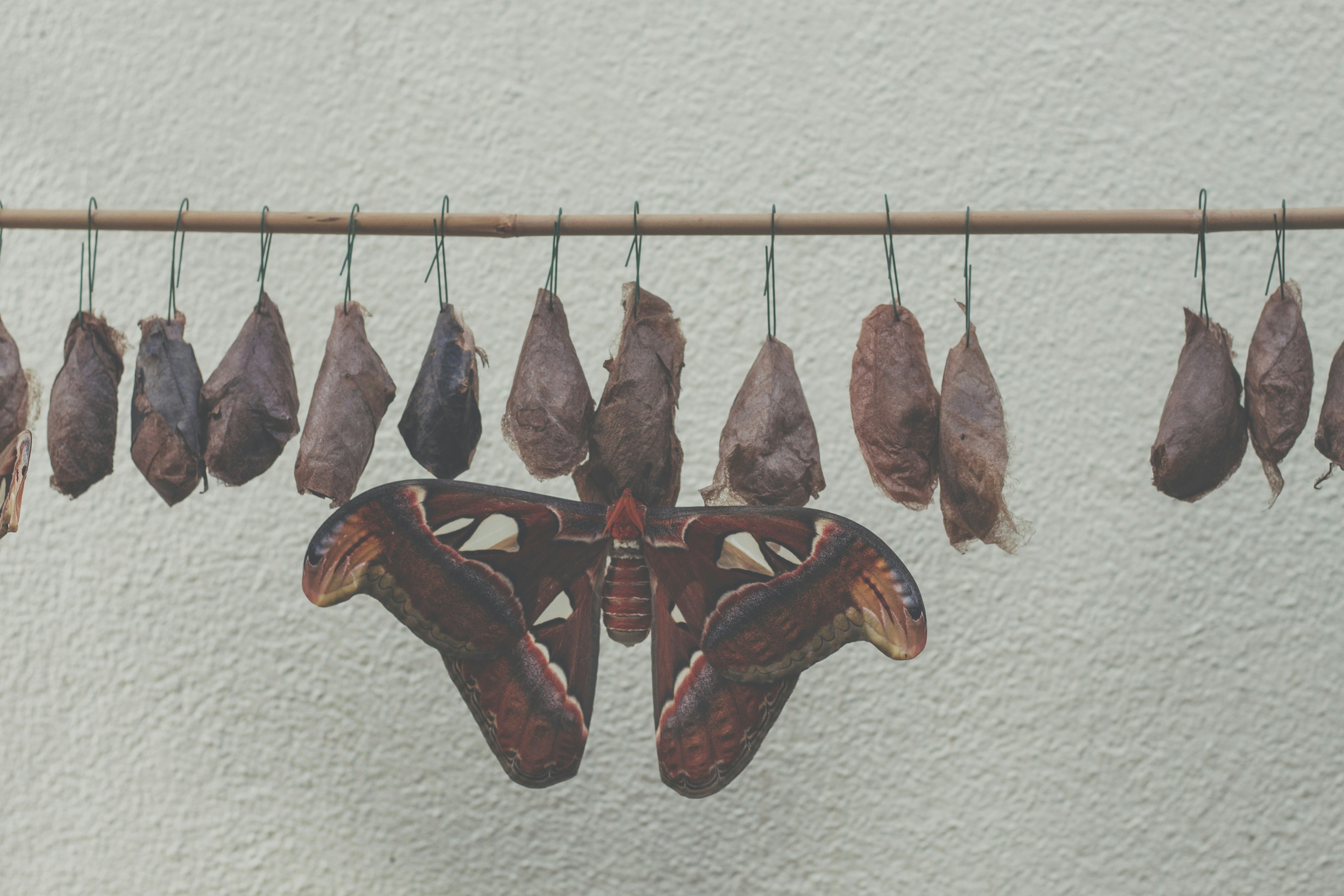♻️The Interconnection of Life Cycles
The Magic of Reusing Food Waste 🌱
In nature, the life cycles of all living beings are interwoven in a complex web of interactions that sustain the health of the planet. From the smallest elements, like bacteria, to large predators, each organism has a specific role that enables the circulation of nutrients and energy within the ecosystem. This interconnection of life cycles teaches us that the waste of one cycle becomes the valuable resource for a new one, and that we all play an important role in these cycles to help preserve life.
The Role of Humans in the Natural Cycle
As human beings, we are an integral part of the natural cycles that sustain life on our planet. However, our actions have altered these cycles, especially concerning food waste. According to the UN, each year, consumers worldwide waste 121 kilograms of food per capita, and 74 of those kilograms are wasted at home.
As educators, we have the responsibility to instill in future generations the importance of reducing food waste, returning to nature the nutrients it needs to maintain balance. By integrating practices like composting and the reuse of food waste into the school curriculum, we can teach students how their individual actions impact the environment, reintroducing a sense of responsibility for our role in the ecosystem. Encouraging school projects that promote waste reduction and the appreciation of food waste as a resource can empower young people to become agents of change in their communities, helping to transform systems.
As citizens, we can adopt habits that help decrease waste in our homes. Planning our shopping, storing food properly, and making the most of leftovers are simple practices that can significantly reduce the amount of food we throw away. Additionally, participating in community composting initiatives or supporting local policies that promote food waste reduction are effective ways to contribute to the balance of natural cycles and the sustainability of our food system.
By embracing these roles with commitment, we can transform the food system and restore the balance of life cycles, ensuring a more sustainable future for generations to come 💪🌎
Last updated
